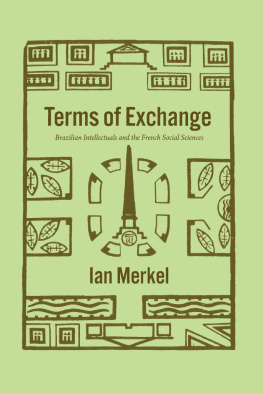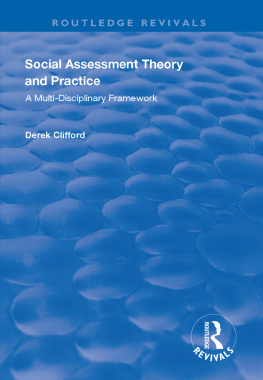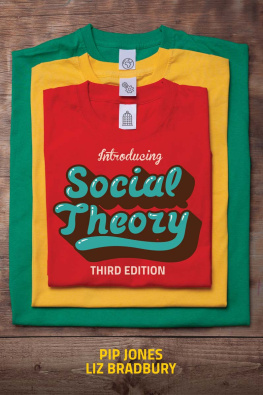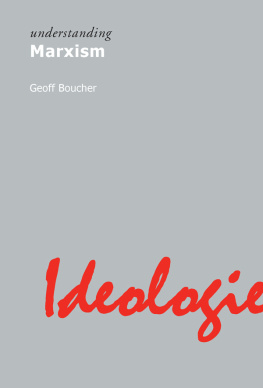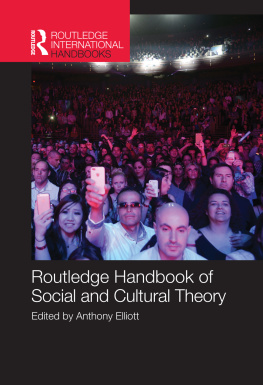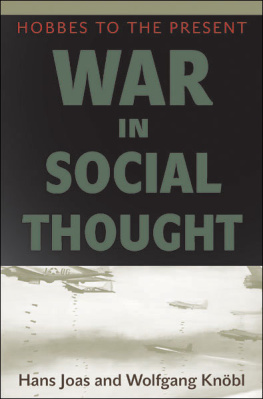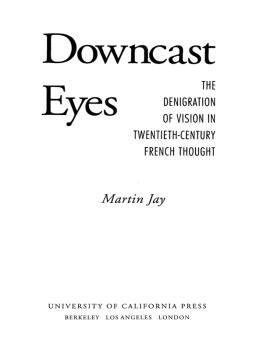French Post-War Social Theory
Theory, Culture & Society
Theory, Culture & Society caters for the resurgence of interest in culture within contemporary social science and the humanities. Building on the heritage of classical social theory, the book series examines ways in which this tradition has been reshaped by a new generation of theorists. It also publishes theoretically informed analyses of everyday life, popular culture, and new intellectual movements.
EDITOR: Mike Featherstone, Nottingham Trent University
SERIES EDITORIAL BOARD
Roy Boyne, University of Durham
Nicholas Gane, University of York
Scott Lash, Goldsmiths College, University of London
Roland Robertson, University of Aberdeen
Couze Venn, Nottingham Trent University
THE TCS CENTRE
The Theory, Culture & Society book series, the journals Theory, Culture & Society and Body & Society, and related conference, seminar and postgraduate programmes operate from the TCS Centre at Nottingham Trent University. For further details of the TCS Centres activities please contact:
The TCS Centre
School of Arts and Humanities
Nottingham Trent University
Clifton Lane, Nottingham, NG11 8NS, UK
e-mail:
web: http://sagepub.net/tcs/
Recent volumes include:
The Domestic Economy of the Soul
John ONeill
Education and Cultural Citizenship
Nick Stevenson
Inhuman Nature
Nigel Clark
Intensive Culture
Scott Lash
French Post-War Social Theory
International Knowledge Transfer
Derek Robbins
Derek Robbins 2012
First published 2012
Published in association with Theory, Culture & Society, Nottingham Trent University
Apart from any fair dealing for the purposes of research or private study, or criticism or review, as permitted under the Copyright, Designs and Patents Act, 1988, this publication may be reproduced, stored or transmitted in any form, or by any means, only with the prior permission in writing of the publishers, or in the case of reprographic reproduction, in accordance with the terms of licences issued by the Copyright Licensing Agency. Enquiries concerning reproduction outside those terms should be sent to the publishers.
SAGE Publications Ltd
1 Olivers Yard
55 City Road
London EC1Y 1SP
SAGE Publications Inc.
2455 Teller Road
Thousand Oaks, California 91320
SAGE Publications India Pvt Ltd
B 1/I 1 Mohan Cooperative Industrial Area
Mathura Road, Post Bag 7
New Delhi 110 044
SAGE Publications Asia-Pacific Pte Ltd
33 Pekin Street #02-01
Far East Square
Singapore 048763
Library of Congress Control Number: 2011927305
British Library Cataloguing in Publication data
A catalogue record for this book is available from the British Library
ISBN 978-0-7619-4972-5
ISBN 978-0-7619-4973-2
Typeset by C&M Digitals (P) Ltd, Chennai, India
Printed and bound by CPI Group (UK) Ltd, Croydon, CR0 4YY
Printed on paper from sustainable resources
In memory of Pierre Bourdieu
About the Author
Derek Robbins is Professor of International Social Theory in the School of Humanities and Social Sciences at the University of East London. He is the author of The Work of Pierre Bourdieu (1991), Bourdieu and Culture (2000); and On Bourdieu, Education and Society (2006). He is the editor of a four-volume collection of articles on Bourdieu in the Sage Masters of Contemporary Social Thought series (2000) and of a three-volume collection of articles on Lyotard in the same series (2004). He was the editor of the special number of Theory, Culture and Society on Bourdieu, 23 (6), November 2006. In 20078 he was in receipt of an ESRC award to study the work of Jean-Claude Passeron, and he has written an introduction to a translation of Passerons Le raisonnement sociologique which will be published in 2011/12 by Bardwell Press as Sociological Reasoning. As Directeur associ in the Ecole des Hautes Etudes en Sciences Sociales in Paris and Marseilles in 200910 he gave courses on the comparative epistemology of the social sciences, and he is currently exploring the influence of Husserl on twentieth-century French social theory, particularly in relation to the development of the thought of Lyotard and Bourdieu.
Acknowledgements
I have benefited in the writing of this book from discussions with PhD students in the School of Social Sciences, Media and Cultural Studies/School of Humanities and Social Sciences of the University of East London in the period from 2006 until the present, and from conversations with colleagues in the Group for the Study of International Social Science between 2002 and 2008, especially Bob Cannon, Giorgia Dona, Jon Griffith, Tim Hall, John McGovern, John Myles, Josephine Stein and Maria Tamboukou. In the early part of this period (20024), I benefited from cross-national discussions with English and French colleagues during the course of a Franco-British project funded jointly by the British Academy and the Centre National de la Recherche Scientifique on Lvy-Bruhl between France and Great Britain which I co-directed with Dominique Merlli of the University of Paris VIII and the Centre de Sociologie Europenne, Paris.
In England I have much appreciated the support and encouragement offered by Professor Bryan Turner and Dr Tim Jenkins. In France, I am grateful for the interest in my work shown by Jean-Louis Fabiani and, with him, to Emmanuel Pedler and Jean-Claude Passeron for their invitation to be a Directeur associ dtudes at the Ecole des Hautes Etudes en Sciences Sociales in Paris and Marseilles in 200910. This came about as a result of research which I carried out in 20078 on the work of Passeron, with the support of a grant from the ESRC.
The staff of the Library and Resources Centre at UELs Docklands campus have been helpful throughout the project and I would like particularly to thank Jan Fisk for keeping my Inter-Library Loan orders under control.
Above all, I would like to acknowledge the patient guidance provided by Chris Rojek at SAGE, not just as a long-suffering commissioning editor but as a friend and colleague.
Kant had himself come under the influence of Rousseau. In a famous autobiographical reflection from this period, found in the Remarks on the Observations of the Beautiful and Sublime (Bemerkungen zu den Beobachtungen ber das Gefhl des Schnen und Erhabenen), he mused:
I am myself by inclination a seeker after truth. I feel a consuming thirst for knowledge and a restless passion to advance in it, as well as a satisfaction in every forward step. There was a time when I thought that this alone could constitute the honor of mankind, and I despised the rabble who knows nothing. Rousseau set me right. This blind prejudice vanishes; I learn to respect human nature, and I should consider myself far more useless than the common laborer if I did not believe that this view could give worth to all others to establish the rights of man. (fn. 152)
Fn. 152: Ak 20, p. 44. To get some idea of the background of his former view one should consult Wielands Platonische Betrachtungen ber den Menschen (Platonic Meditations on Man) of 1755 (Wieland,


